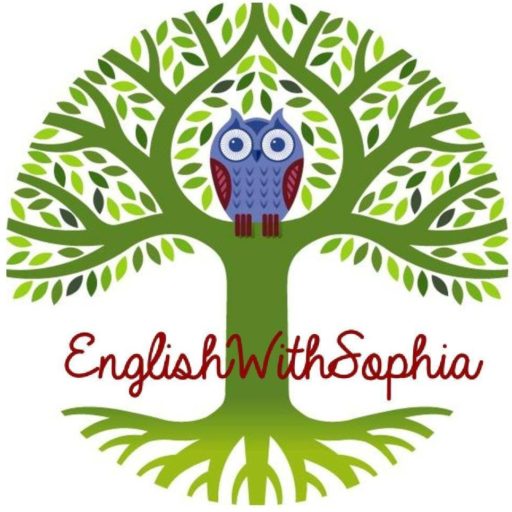Useful formal and informal words Cheat-Sheet
Here you are a useful formal and informal words Cheat-Sheet that will help you navigate different situations to find the right register when speaking or writing.
As you may know, we use formal language in situations that are serious or that involve people we don’t know well, so to speak. Informal language, on the other hand, is more commonly used in situations that are more relaxed and involve people we know well.
Formal language is more common when we write; informal language is more common when we speak. However, there are times where writing can be very informal, for example, when writing postcards or letters to friends, emails or text messages. There are also examples where spoken English can be very formal, for example, in a speech or a lecture. Most uses of English are neutral; that is, they are neither formal nor informal.
Moreover, formal language and informal language are associated with particular choices of grammar and vocabulary. For example, contractions, relative clauses without a relative pronoun and ellipsis are more common in informal language.
The following cheat-sheet will help you to recognize the informal and formal ways of saying the same thing. Formal words are commonly considered “intellectual words”, whereas informal words correspond to “emotional words”


You will also boost your vocabulary by using savvy synonyms for overused words or by using synonyms instead of the word “very.”



Comments are closed